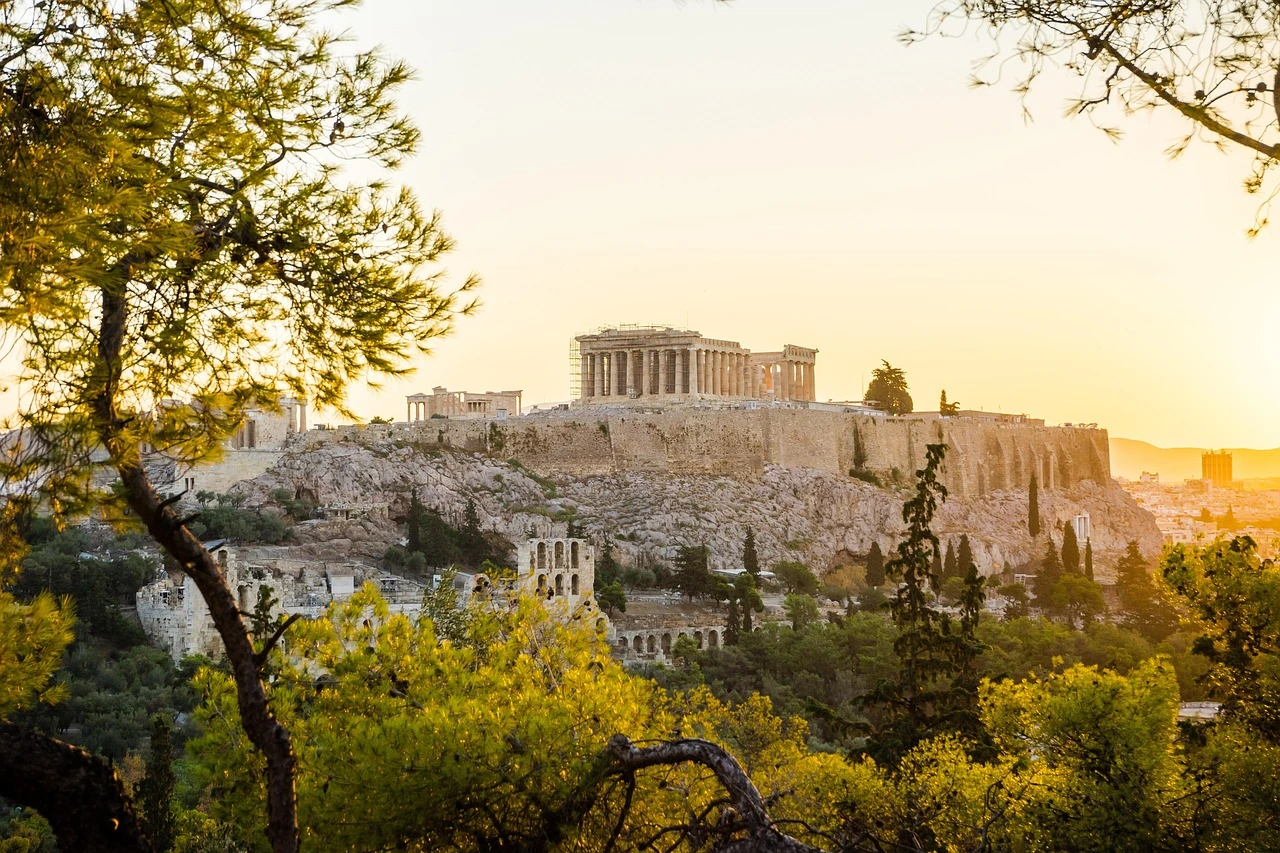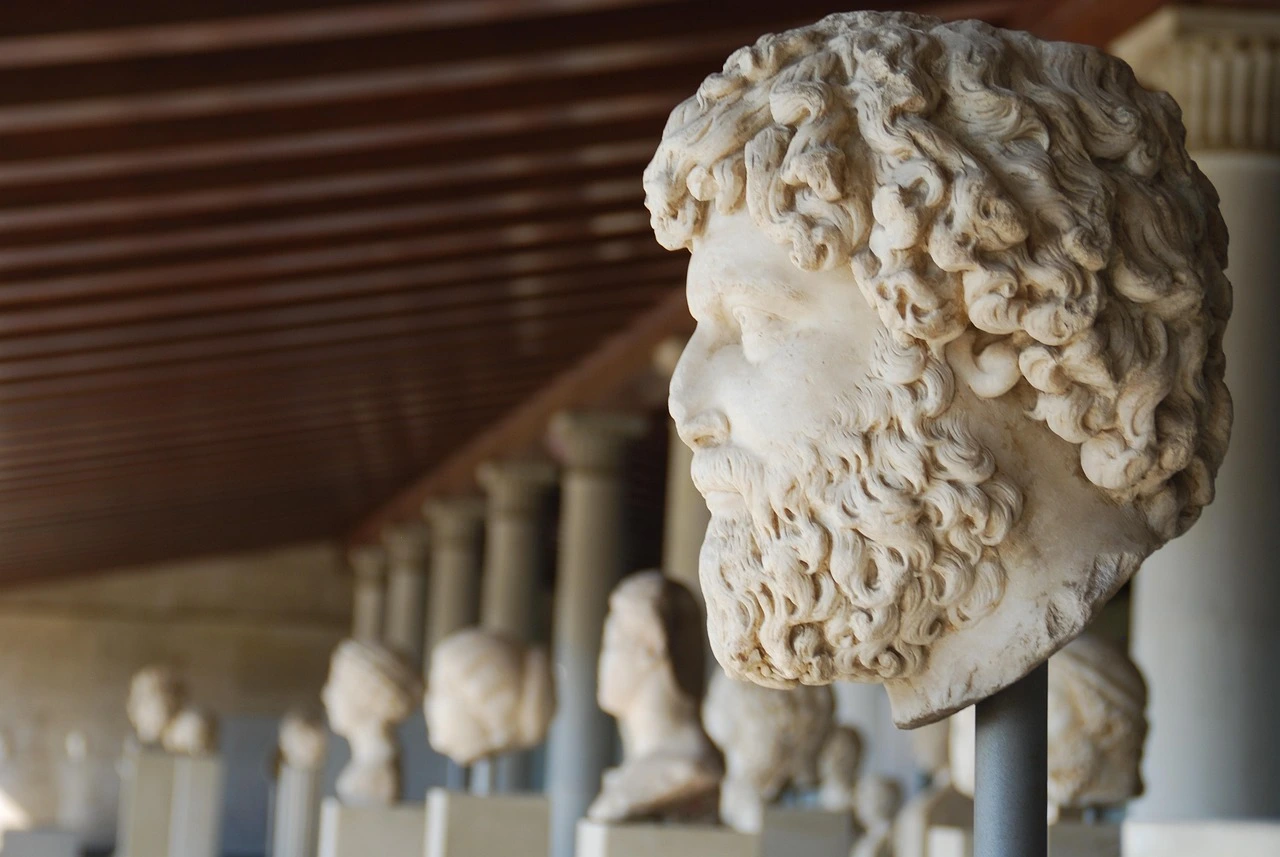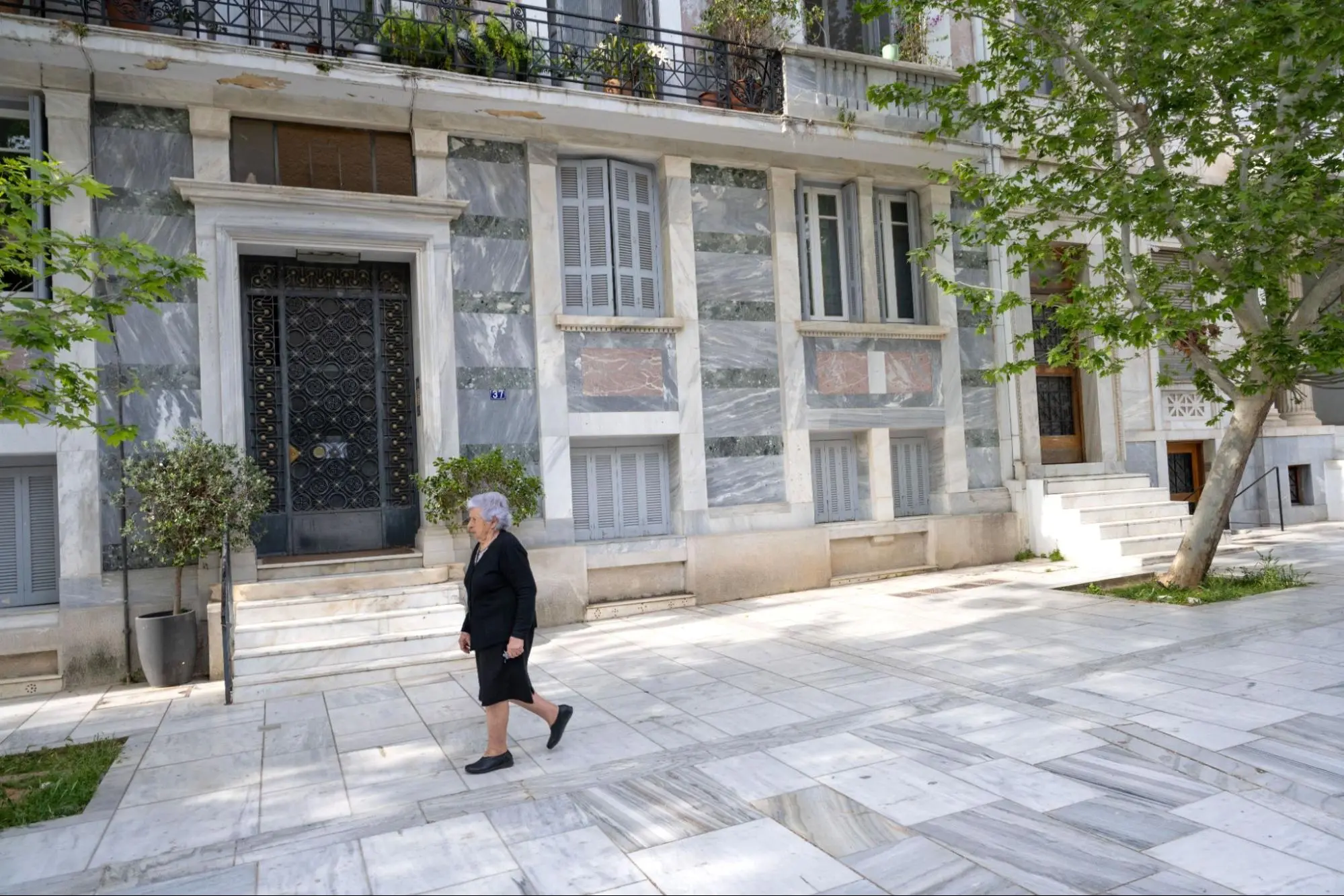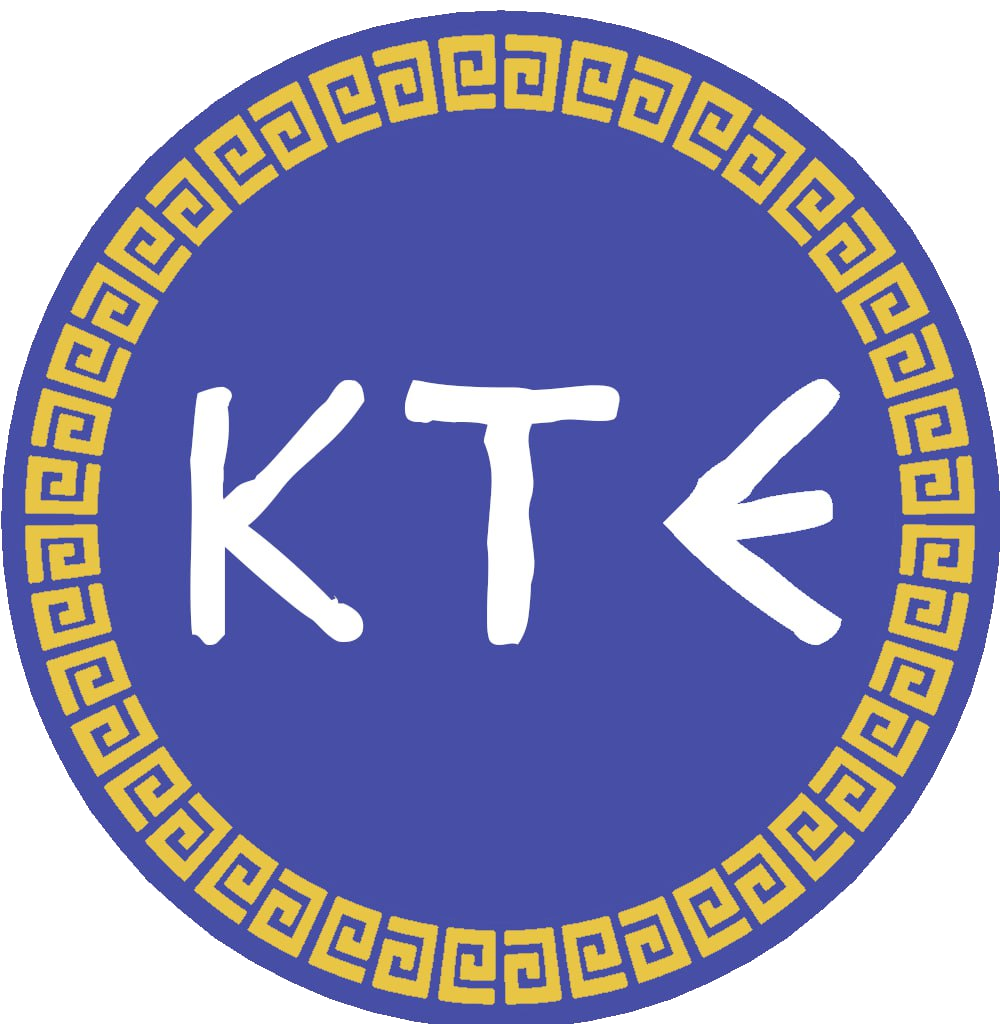Welcome to KTE
To Kinima Tou Ethnous is a Greek Diaspora organization that seeks to leverage Greece's greatest natural resource, its people, to influence Greek politics and involve the diaspora in the political process of Greece.
Subscribe to Our NewsletterOur Mission
To Kinima Tou Ethnous is a Greek Diaspora organization that seeks to leverage Greece's greatest natural resource, its people, to influence Greek politics and involve the diaspora in the political process of Greece. KTE believes that Greece deserves a government of national and religious consciousness, one that is passionate in its Orthodox faith and unapologetic in its patriotism. The Greek diaspora deserves a part in the political process of Greece and KTE seeks to empower them and connect us to parties in Greece who share our ideals.
Learn More
Our Leadership
Our Leadership is composed of dedicated members of the Greek diaspora, united by a shared vision for Greece's future. With diverse backgrounds in community organizing, advocacy, and public service, we work collaboratively to connect Greeks worldwide and amplify their voices in the political landscape of Greece.
Learn More
Featured Articles
Updates
Special Feature for Voice News

Οι σύγχρονοι ιστορικοί και ανθρωπολόγοι έχουν γοητευτεί από τη μελέτη των Ελλήνων. Ως ένας από τους …
Press Releases
Remembering Ethno-Martyr Solomos Solomou
Written By: Telemachos Gregoriadis

On the 14th of August in the year 1996, the Greek hero Solomos Solomou was murdered by a Turkish …
Read MoreKTE Strongly Condemns Barbaric Attack on Orthodox Church in Damascus: Calls for Immediate International Response
Written By: KTE Executive Board
June 22, 2025 - To Kinima Tou Ethnous (KTE) unequivocally and in the strongest possible terms …
Read MoreCommemorating the Annunciation of the Theotokos
Written By: Michalis Christos Xanthopoulos

On March 25th, we commemorate the Annunciation of the Theotokos (Ο Ευαγγελισμός της Θεοτόκου). …
Read MoreRecent Articles
Celebrating the Feast of Saint Kosmas Aitolos
Written By: Michael
Today, on August 24th, we venerate our beloved patron saint and one of the Kollyvades Fathers, Saint Kosmas the Aitolos. In his time, he was well-versed in all intellectual fields and learned from the preeminent scholars of his time and geographical location. He studied and taught at Vrangianon Agrafon, founded by Saint Eugenios Aitolos. He was knowledgeable enough to instruct in philosophy, ancient Greek, mathematics, theology, medicine, and spoke several languages. He was a polyglot who spoke Greek, Hebrew, Turkish, and French. He continued his intellectual pursuits at the Athoniada Academy at Vatopaidi on Athos, where he learned from Panagiotis Palamas, Nikolaos Tzartzoulion, and Saint Eugenios. Despite the extensive education he had, the true fulfillment of his labors was within the life of the Church. He himself stated, “I studied about the sacred and about unbelievers, heretics, and atheists. I searched the depths of wisdom, but all the faiths are false. I learned this to be true, that only the faith of the Orthodox Christians is good and is sacred: to believe and to be baptized in the name of the Father, and of the Son, and of the Holy Spirit…. Rejoice that you are Orthodox Christians and weep for the impious and heretics who walk in darkness” (First Teaching).
Read MoreThere is Neither Jew nor Greek
Written By: KTE Executive Board
In America, for perhaps the first time in history, the Orthodox Church is flourishing in a truly multicultural atmosphere. By God’s providence, the combination of multiple Orthodox immigrant diasporas as well as the influx of new converts has allowed multiple different ethnic jurisdictions to exist alongside each other in every major city. American Orthodox Christians may even see friction within parishes as they transition away from the liturgical language of the diaspora, incorporating more English to accommodate both the newer arrivals and the cradle Orthodox who have assimilated. In a sense, the Orthodox Churches in America mirror the greater American dynamic: immigrant communities from Europe struggling to retain or even understand their own identity in the wake of assimilation. Therefore, Orthodox Christians of the diaspora may ask themselves: to what extent should the Christian value and preserve his own ethnicity, cultural heritage, and identity? Does baptism supersede or even annihilate this natural instinct to preserve one’s heritage?
Read MoreReflection
Written By: Telemachos Gregoriadis

I have been reflecting on some words written by the great Ion Dragoumis many years ago. Observe the way he describes the political systems of Nations :
“Nations do not die because of one political system. In Greece, the politics of the Mycenaean times passed, the politics of the Hellenic times, the Byzantine, and now ours is passing. The people live and change political form. The political form is shaped, it grows, it blossoms, it declines, and it dies, and from its civilization, the character (the outline) of the Man, of the people, is shaped. The people gave birth to their political form, but that form too, once born, carved some important lines into the people.”
Read MoreTips for when Yiayia doesn’t cook with you
Written By: Erene
Food holds some of the strongest and sweetest memories. As such it is important to put effort into preserving our cuisine. However this can often be easier said than done. When preserving family recipes the best way is to cook with them, or have a clearly written recipe. However it’s not always that simple, you’re both busy, they live hundreds of miles away, or when you come over to cook she did all the work before you get there and just wants you to sit and chat while it’s in the oven.
Read MoreKTE A Return To First Principles
Written By: KTE
When KTE made its first public post on Instagram a year ago, it was unclear exactly what the goal of our organization would be. We knew our principles; we were young Greek Orthodox men searching for a way to find meaning and authentically reconnect with our homeland. However, beyond our core principles, we weren’t sure exactly how we would actualize these core beliefs.
Since our founding, the vision has become very clear, and we feel that this is an excellent time to share our vision for this organization with our loyal and faithful followers. Primarily, we are Orthodox Christians. Before we can organize the state, the nation, or the family, we must organize the individual and collectively come closer to Christ. KTE wants to encourage the already very apparent resurgence of Orthodox Christianity within the Greek community and beyond. We want to work hand in glove with the Greek Orthodox Church to promote religiosity within the Greek nation and continue to assist evangelization efforts abroad.
Read MoreWhy the solution to Greece’s future is in its past
Written By: Christophoros

If you have Greek descent and care about Greece’s future, you almost always fall into one of two camps: either, you are eager to propel Greece further into a Pan-European identity with Western ideology and policy reigning supreme, or you are a protectionist like me who believes that Greece has a unique history, language, culture, heritage and spiritual life that has stood the test of time and ought to be preserved for future generations of Greeks to come.
Read MoreHow to blend into Greece as a Greek-American
Written By: Christophoros

The best compliment you can get, as a Greek-American, is when a local yiayia asks you which island or village you are from. It’s only happened to me a few times, but I burned with pride (forgive me) each time I was asked.
Greeks are very perceptive people, so when they default to assuming you are “one of them,” either by your ability to speak the language convincingly or based on your mannerisms/Greek appearance, you can be sure it’s a solid indicator you’re on the right track if your goal is to blend into the nation of your ancestors.
Read MoreContextualizing the Chios Wildfires with Greece’s Strange Fire History
Written By: KTE Executive Board

Many Greeks worldwide have already heard the news and seen the devastating videos: approximately 40,000 hectares of land in Chios have been scorched by wildfires. The official story is that a Georgian housemaid (who has now been arrested) unintentionally caused the blaze by throwing out a cigarette that was still lit, but many locals from Chios and Greeks all across the Diaspora express historical skepticism about the true cause of these fires.
Read MoreWhat to do if the locals won’t speak Greek to you
Written By: Christophoros

I’ve got a short article for you today, but it’s a topic that is very near and dear to my heart. Let’s say you’ve practiced Greek for months, painstakingly drilled your verbs and vocabulary in anticipation of an authentic Greek summer, but everyone with a thick Greek accent automatically defaults to speaking English every time you lead off with a well-practiced question or phrase.
Read MoreWhat it’s like going to a hospital in Greece
Written By: Penelope Conomos Benis

A minor leg injury forced me to find a public hospital during my vacation in Milos, Greece this past week. I eventually found the community clinic of the island, located on the outskirts of Milos’ capital city, Plaka. So, with my passport in hand, I rolled my car into the driveway of a whitewashed building that my phone claimed to be a hospital (though there was no sign visible on the outside to confirm as much), and I hesitantly parked and limped down the driveway with some trepidation.
Read MoreToday in Hellenic History: The Battle of Kilkis-Lachanas
Written By: Telemachos Gregoriadis

It is important to remain educated on our history. From June 19th - 21st in the year 1913, the Battle of Kilkis-Lachanas took place during the Second Balkan War. This battle took place between Greece and Bulgaria. Prior to the Second Balkan War, Bulgaria had been allied with Greece, Serbia, and Montenegro against the Ottoman Empire during the First Balkan War. By the end of the war, the Bulgarians were dissatisfied with the results, and so, on the night of the 16th of June, they attacked their former ally Serbia. The Serbs had their communications with the Greeks cut off, but King Constantine led the Greeks into battle, forcing the Bulgarians to retreat to the Kilkis Lachanas Line.
Read MoreRekindling Our Roots: The Indispensable Role of Diaspora Investment in Greece's Future
Written By: Vasili

For generations, the Greek Diaspora has been a vibrant, resilient force, carrying the flame of Hellenism across continents.
From the bustling streets of New York to the vibrant communities of Melbourne, our shared heritage, language, and traditions bind us together. But beyond cultural preservation, there lies a profound opportunity for the diaspora to play a pivotal role in Greece’s economic resurgence through strategic investment.
This isn’t merely about financial transactions; it’s about transforming a longing for the homeland into tangible contributions that uplift communities, create opportunities, and strengthen the very fabric of Greece, particularly as the nation continues its recovery from the recent economic crisis.
Read More
